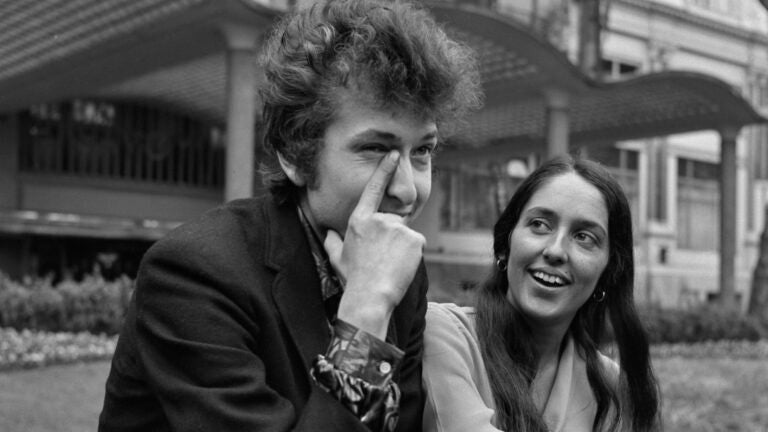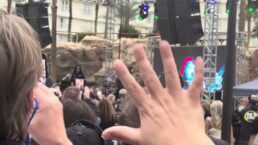No products in the cart.
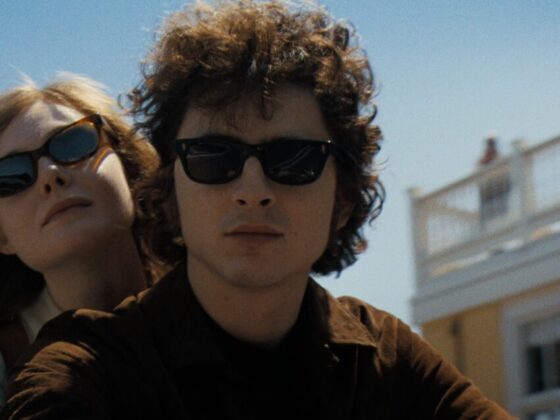
Cambridge native Elijah Wald wrote the book that inspired ‘A Complete Unknown.’ Here’s what he thinks of the film.
“It’s not historically accurate, but it’s poetically accurate,” says Wald of the new Bob Dylan biopic.
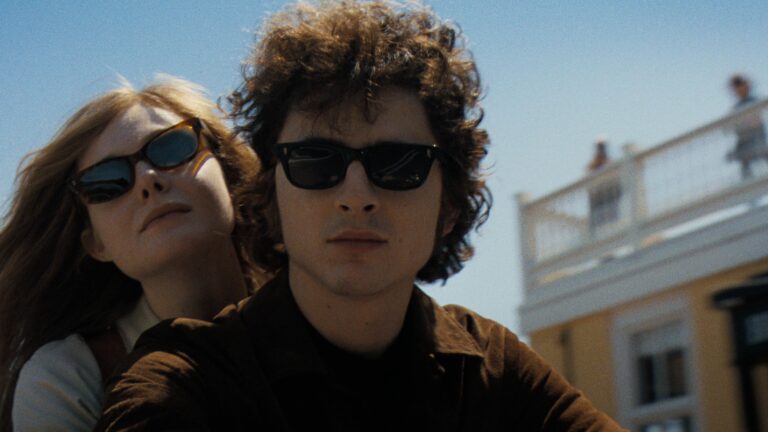
Earlier this month, Cambridge native Elijah Wald got an email so surprising, he’s at a loss for words.
A friend emailed him a screenshot of Bob Dylan’s Dec. 4 tweet:
“There’s a movie about me opening soon called A Complete Unknown (what a title!)… The film’s taken from Elijah Wald’s Dylan Goes Electric – a book that came out in 2015. It’s a fantastic retelling of events from the early ‘60s that led up to the fiasco at Newport. After you’ve seen the movie read the book.”
Advertisement:
A Dylan endorsement must’ve been shocking, I say.
“Yes,” Wald says, seemingly incredulous. “I don’t have anything to say beyond yes on that one.”
That would be the shortest answer I’d get from Wald in our recent interview.
For nearly two hours, the author of “Dylan Goes Electric!” (2015) on which “A Complete Unknown” is based, discussed Dylan, Pete Seeger, Joan Baez, Newport Folk and more ahead of the film’s Christmas Day release.
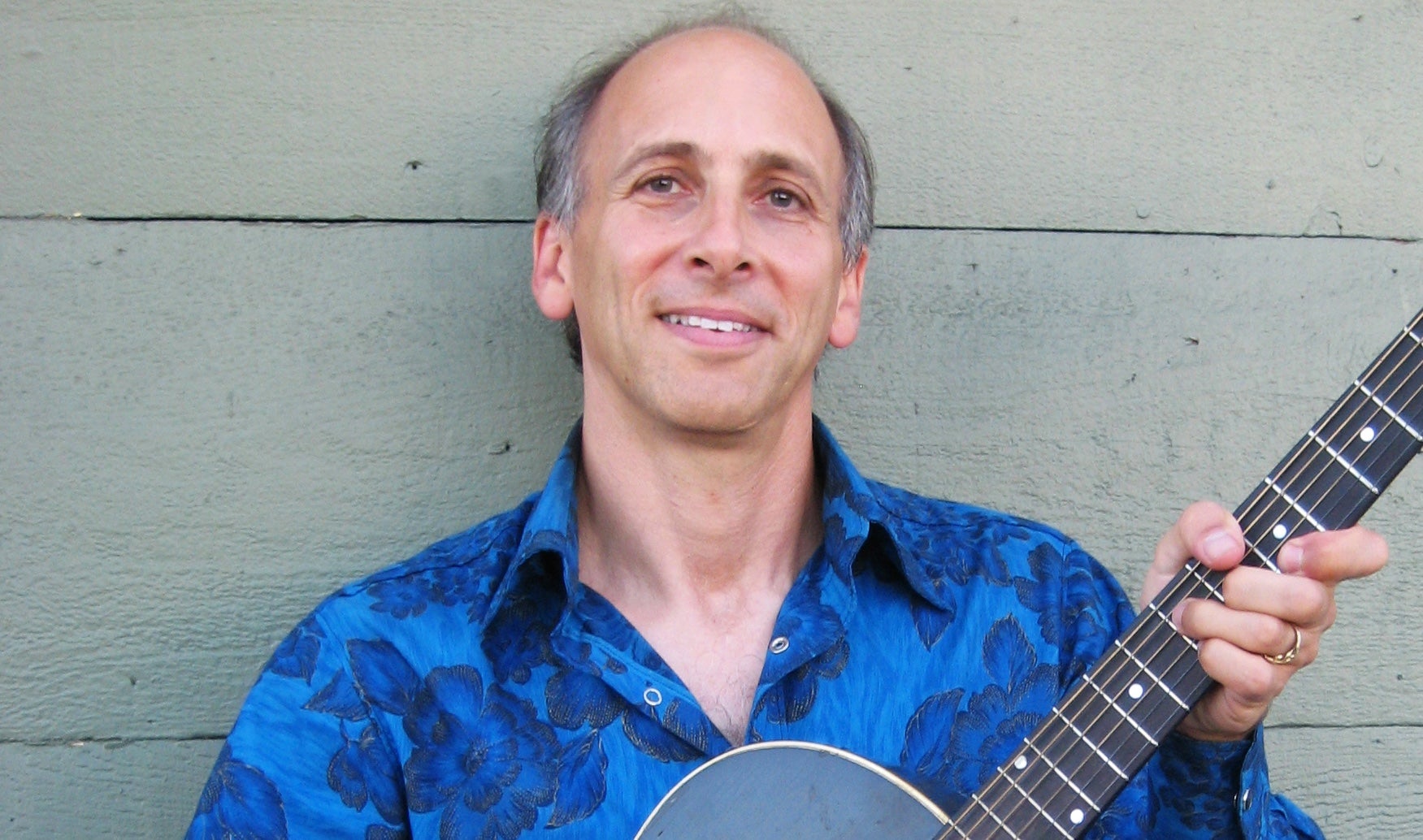
Wald, 65, a writer and musician, was raised on the Cambridge folk scene. “My much older half-brother didn’t give lessons, but showed Joan Baez some stuff on guitar. I mean, this was a tiny world.”
Advertisement:
This isn’t his first adaptation rodeo. The late, great Dave Van Ronk’s posthumous memoir, “Mayor of MacDougal Street,” written with Wald, inspired the Coen brothers’ “Inside Llewyn Davis.”
Between that and “Unknown,” Wald says, “I feel like somebody who’s hit the lottery twice. I mean, considering the number of goddamn Dylan books?”
As a Dylan devotee who’s been thinking about this movie for a while but hasn’t seen it yet, I had questions.
Boston.com: You told me it was Dylan’s camp who optioned the book in 2016.
Elijah Wald: Dylan was involved with this project before Chalamet or James Mangold. It started with the Dylan people. Honestly, I was puzzled, because why does Dylan need my book to tell a story of his life? But I was happy about it.
[laughs] That is classic puzzling Dylan. So what happened in 2016? You got a call?
I forget whether it was a call or an email, but yeah, from Jeff Rosen, his manager. They asked to option the book. I said, “Talk to my agent.” My agent worked out terms. They paid us some money. Eventually I saw on the internet that the film was actually happening. I have not been involved with the filmmaking process in any way. I just got to see an advanced screening. I will be going to the premiere. They’ve been good about credit; they’ve been good about payment. But I haven’t been involved in the process.
What did you think of the screening?
I think it’s a really good movie. My pull-quote is: It’s not historically accurate, but it’s poetically accurate. And I really do believe that — that’s not just me being a smart-ass. I’d expected there would be things that would bother me because [Mangold] was diverging from the real history. But what happened was he diverged so completely that I got caught up in the story.
Advertisement:
There were a bunch of tiny details that were not exactly what happened, but were so [poetically] right that I came away very much enjoying it. Like the whole myth about Pete Seeger with the axe [at Newport Folk]. They handled it very intelligently. They do not show Pete Seeger picking up an axe, thank God, since he didn’t. They do make a nod toward his irritation and the fact that there were axes around, which is real.
I love that when he’s getting irritated and wanting to shut things down, the person who stops him is his wife, Toshi, which is exactly how I heard the story from their daughter.
They really worked at getting the [essence of the] characters right. For example: The morning after Newport Folk, there’s a scene of Dylan riding away on his motorcycle past the field where Pete Seeger is helping put away the folding chairs. I’m pretty sure Dylan didn’t have a motorcycle at Newport and Seeger didn’t get up that morning and help put away chairs – but that’s very much who they were.
True. Symbolically, it represents their characters well.
I’m sure there are people who will be bothered by that, but I’m not one of them. I thought that was a smart way of summing up what I took a lot of pages to explain. I have a story like that about Seeger in the book.
What’s your story?
I was at a political singers’ weekend retreat somewhere up the Hudson, full of well-known lefty folk singers. Pete showed up to lunch one day and was asked to say a few words. As I remember it, his entire speech was, “This is a wonderful event. I wish I could’ve been with you all weekend, but unfortunately, I just have a couple of hours, so if anybody wants to talk with me, I’ll be back in the kitchen doing dishes.”
[laughs] That’s a perfect Seeger anecdote.
If Boston people want to be crabby about this movie, it moves a bunch of people from the Boston scene to New York. [Former Belmont resident] Baez is around Greenwich Village, which Baez avoided like the plague. Bobby Neuwirth is in the Village. So, from a Boston point of view: “Hey, what about us?” But from a cinematic point of view, it’s a lot simpler.
Advertisement:
And musically, Chalamet can really play this stuff. A lot of people I knew hated “Inside Llewyn Davis.” My position is, if they get the music right, I’ll forgive an awful lot else.
Not only did they get the music right, but also the relationships with women. He’s around strong women, he’s an asshole, they tell him so, they leave. They’re sad about it, he’s sad about it, but this is who everybody is. Suze Rotolo … is the one person in the movie they give a fake name to, apparently something Dylan requested.
Do you know why?
For her privacy, which — I don’t understand the logic. I mean, she’s dead, and what privacy? We all know this Russo character is Suze Rotolo. They actually add scenes with her that didn’t happen. My big worry was they would make her the pretty girl-next-door who Dylan leaves for the mysterious Joan Baez. And they don’t at all. They make her a thoroughly strong character. I knew Suze, so that mattered to me.
Overall, they made a movie rather than doing history. But I’m happy with the movie.
For hardcore Dylan fans nervous to see this, what do you think we’re going to think?
In terms of the music, I think everybody’s going to be blown away. Anybody who isn’t blown away, is going to have to explain to me why. The range of Dylan songs he plays bits of is off the charts.
Like what?
“All Over You,” which I would have bet anything was not going to be in this movie. And goddamn it, he sings a bit of that.
That’s awesome. What about the storyline?
Anybody who wants the facts to be straight is going to be irritated as hell.
[laughs]
From beginning to end — literally. [rattles off inaccuracies] But the basic idea — the narrative of Dylan coming in, becoming part of Pete Seeger’s world, then diverging from it — that’s exactly how I frame the story. Their story makes that relationship more personal than it was in real life — which, if you’re going to make a movie, makes perfect sense.
Do you know how involved Dylan was with this movie?
My impression is that his contact has been limited to talking with James Mangold. I assume he’s met Chalamet, but I don’t know that. I know Elle Fanning gave an interview that suggests that she did not ever meet him.
Do you know if Dylan will be at the premiere?
I can say with absolute certainty that he’s not going to be there.
I didn’t think he would, but I thought maybe he’d pull a Dylan and surprise people.
Well, I mean, so I shouldn’t say anything with absolute certainty.
[laughs]
But I’m assuming he will not be there. There’s going to be a premiere in New York and one in L.A. If he was going to do either, I would expect him to do L.A.
What do you think of the Oscar buzz?
I have no idea. I think it’s an absolutely terrific performance. But the part that I’m blown away by is the musical side, not the acting side. But there’s not a lot of high drama. It’s the alienation — it’s a guy playing things pretty close to the vest and not saying a lot. In that sense, I think, pretty goddamn true to the character. You’re not seeing him break down and cry over anything. As he gets more alienated, he just wears his sunglasses.
[laughs] That is true to life. Dylan tweeted about your book. Did he really read it?
I asked at one point whether Dylan had read it, and Jeff Rosen’s response was, “Bob doesn’t read Dylan books.”
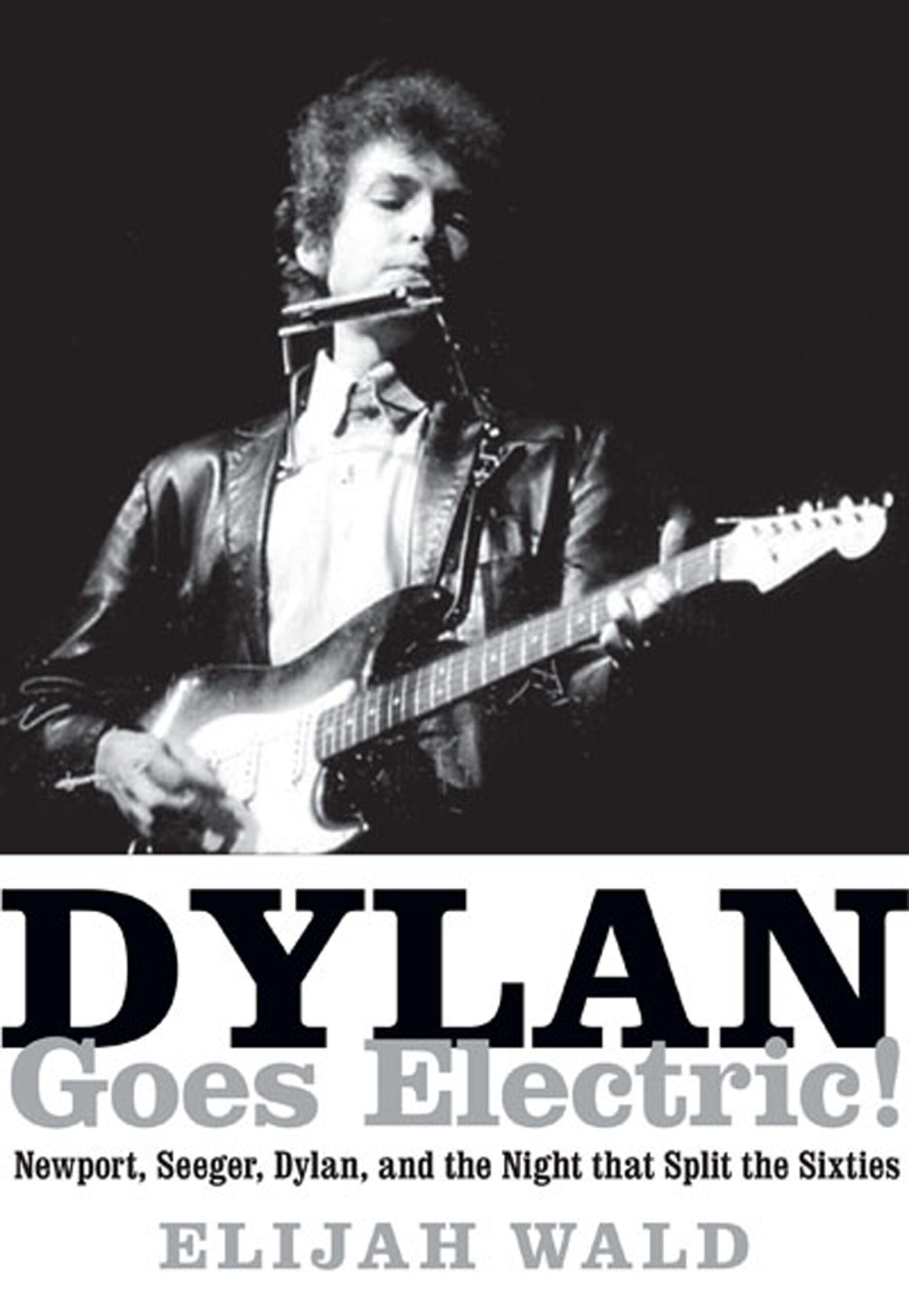
[laughs] Classic. Your book is about Newport ’65, and what’s interesting is everyone I interview who was at Newport or played at Newport has a different story. But to believe in the booing, as you say, is key.
I do make a big thing of this in the book: the booing was absolutely essential to Dylan’s myth, because his fans booing was proof that he was not selling out to become a rock star.
True. It’s such an essential part of the myth for us to see that finger-up Dylan.
Dylan wanted to do everything on his own terms. It’s not a simple story.
Advertisement:
Interview has been edited and condensed. Lauren Daley is a freelance writer. She can be reached at [email protected]. She tweets @laurendaley1, and Instagrams at @laurendaley1. Read more stories on Facebook here.
Boston.com Today
Sign up to receive the latest headlines in your inbox each morning.

